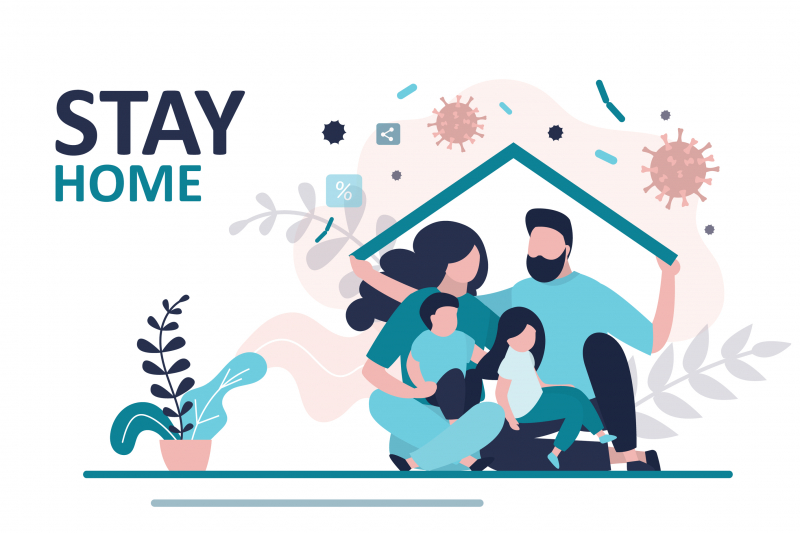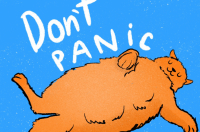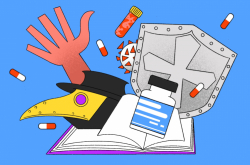No sudden movements
The current coronavirus pandemic is a global, and therefore complex, issue. In essence, it is an outbreak of a new disease in combination with falling oil prices, which makes it a blow to three things: the economy, healthcare, and our regular way of life.
Simply put, the pandemic has become a point of impact between two hugely important factors: health and finance. The result is total uncertainty. It extended from coronavirus to issues in the tourist industry, suspension of production, difficulties for small and medium-size businesses, and, in perspective, to the entire freelancing community, which is directly dependent on commissions from small and mid-size businesses. Then, the pendulum swung back: without production, there is no demand for oil, just like there is no demand for plane tickets and fuel without tourism.
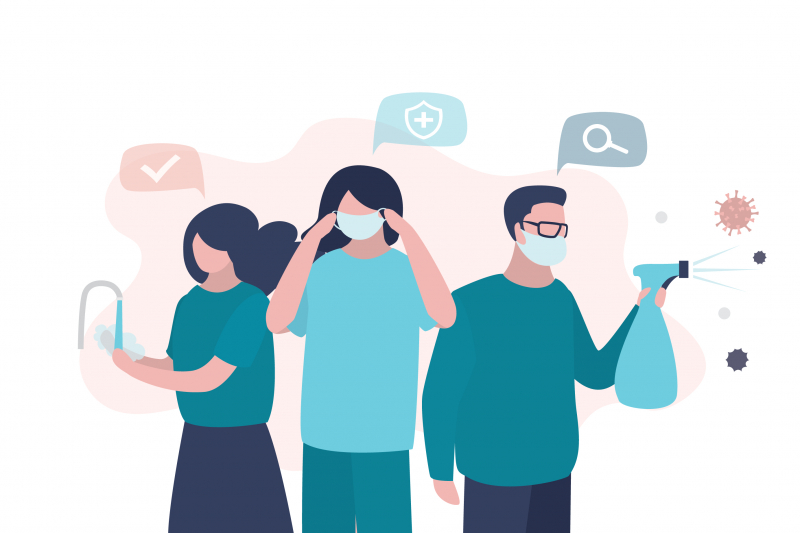
But don’t be too hasty to panic. Let’s analyze the facts: what measures are already being taken, what to expect from the economy until the end of 2020, and, of course, what you can do to live through this time with minimal losses.
Experts are already quite confident that 2020 will be a year of relatively mild, non-critical reduction in production and reduced economic growth rates (recession). But it is still unclear how and on what scale this will affect regular people.
In Russia, the Central bank is continuing to support the ruble and the nation’s financial system, while the government is suggesting additional credit benefits for small and mid-size businesses, considering the introduction of “tax and mortgage holidays” and increases unemployment benefits – all together, these measures should help remedy any possible economic slumps.
The best thing you can do right now is to stay calm and manage your finances – so as to prevent a cash shortage in your own wallet. By the way, it’s probably a good idea to visit the Russian government’s website to stay aware of the latest news on benefits and subsidies: perhaps, some of them will extend to you.
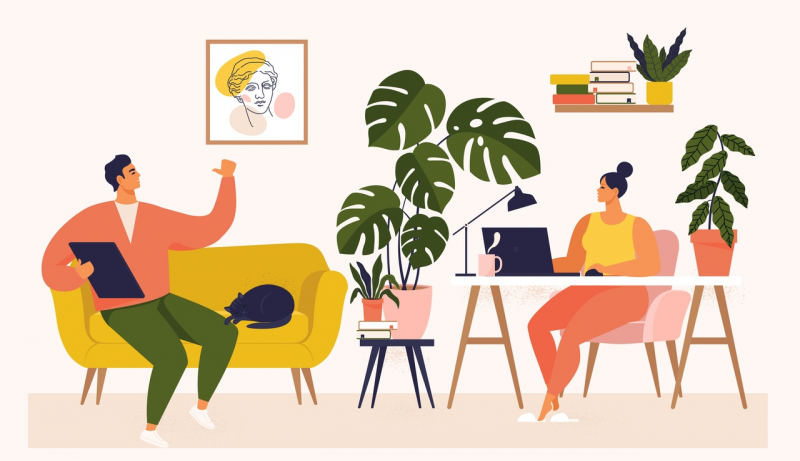
Saving the world from the comfort of your couch
The economy will take a hit, but it will surely recover by winter. The fate of coronavirus, however, is less clear right now.
“Only a new virus exhibits the kind of aggression that we’ve observed with COVID-19. Eventually, it will adapt to the human body in order to better co-exist with it. Viruses aren’t really interested in killing their hosts; quite contrarily, they want humans to live and keep spreading the virus lest it becomes extinct. If the weather forecasts are correct, the upcoming dry, hot summer should suppress the epidemic, but it may return in the fall, so don’t let your guard down. Remember, you now have a unique opportunity to help save the world by sitting on your couch! By staying home, you not only keep yourself safe, but give medical researchers much-needed time to do their work,” says Olga Vershinina, PhD in biology and a staff member of the Komarov Botanical Institute.
Panic: the norm or an issue?
Changes, of which spring of 2020 has brought us plenty, are always a source of stress. Since we’re alive, we can’t just “swallow” information – and neither should we. Worry is a reasonable reaction to stress, but panic isn’t.
Panic is an uncontrollable fear that grips entire groups of people. When panicking, humans can’t think straight, can’t make measured decisions and separate emotions from logic – essentially, they become unable to fully function.
Besides not being a very pleasant state, it is also a dangerous one. Panic causes various psychosomatic illnesses and may lead to nervous and emotional breakdowns, depression, and fits of anger.
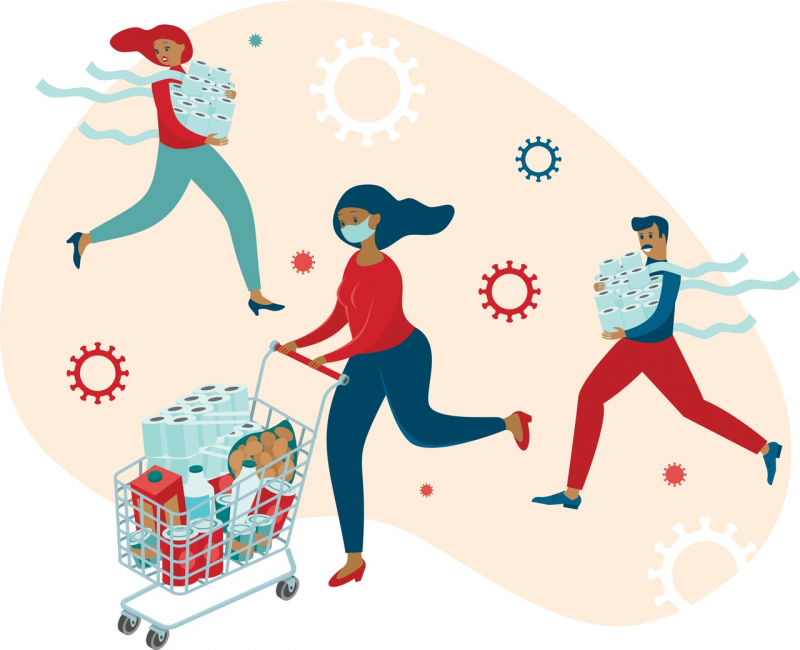
Why do we panic?
Firstly, because we feel a genuine and justified fear of uncertainty. The problem is that by giving in to that state, we only make things worse. Secondly, because of informational and social pressure. Mass hysteria is always accompanied by much discussion: it’s reported on in the media, overheard at the store, discussed in work chats, and forwarded by friends. But you can still escape this “infoglut” by taking effort to limit the amount of incoming information.
Thirdly, we’re social creatures, and it’s important for us to stay within a group. And if the group decides it’s time to stock up on toilet paper and face masks, our instincts tell us to do the same because of the ingrained idea that the majority can’t be wrong. Still, all poorly thought-out and rash actions taken during mass hysteria are wrong.
So if we know and understand the psychological origins of mass panic, can we take measures against it? Fortunately, we can.
First, calm down and allow yourself to feel sad. Feeling bad about ruined plans and the quarantine is okay. Try to accept what has already happened and work on your plan B. Life goes on, and you have simply been reminded once again that not everything in it can be controlled. That is, indeed, sad, which is why you can allow yourself to feel sad – and then, reinvigorated, go on to do new things.
Secondly, try to maintain balance between chaotic activity and apathy. These two manifestations of panic will not help you survive the pandemic – they’ll only waste your emotions and energy for no good reason.
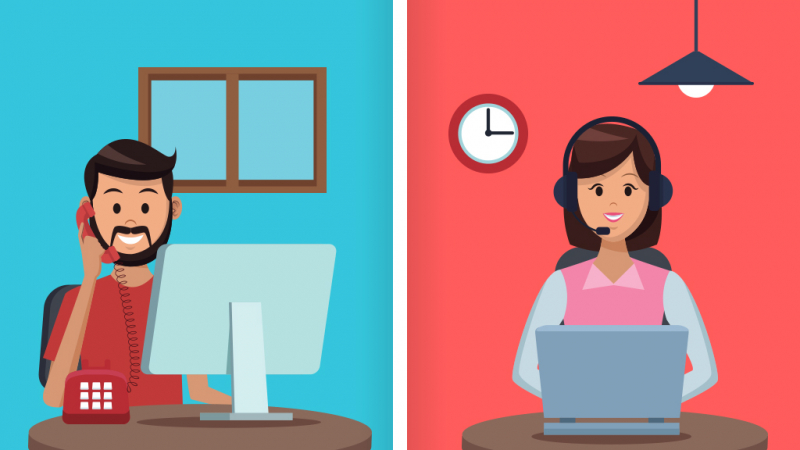
Thirdly, believe that you can handle this. Don’t chant “I can do it” every morning; though if that helps, go ahead! You could also make a list of all the things you can do while quarantined. Perhaps you’ll finally find time to do that thing you haven’t been able to do in years, or find a new hobby, or a way to salvage those plans that fell through. Most importantly, remember that whether you can spend the quarantine beneficially or not is up to you. There’s no reason to worry about what’s already happened – instead, think how you’ll handle the pandemic, which new things you’ll try, and what you’ll learn in that time.
Finally, don’t forget about humor and all those things that make you happy every day. Sure, you can’t get together with friends to watch a movie in real life, but you can still do it online. Critical situations always stimulate imagination and creativity. Chat with friends over skype, watch lectures and concerts, read books, make jokes. Despite everything, life goes on. Take care of your mental and physical health, don’t give in to panic, and stay home.
Find out what else to do in self-isolation in our article.
